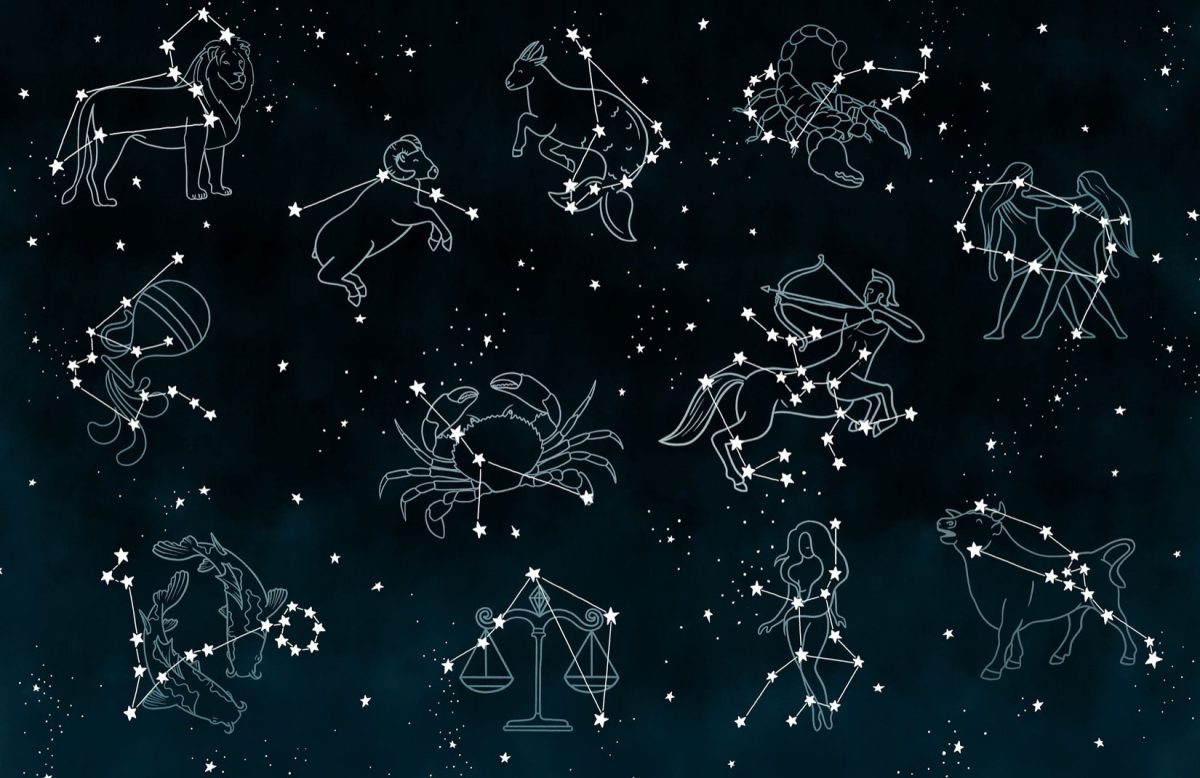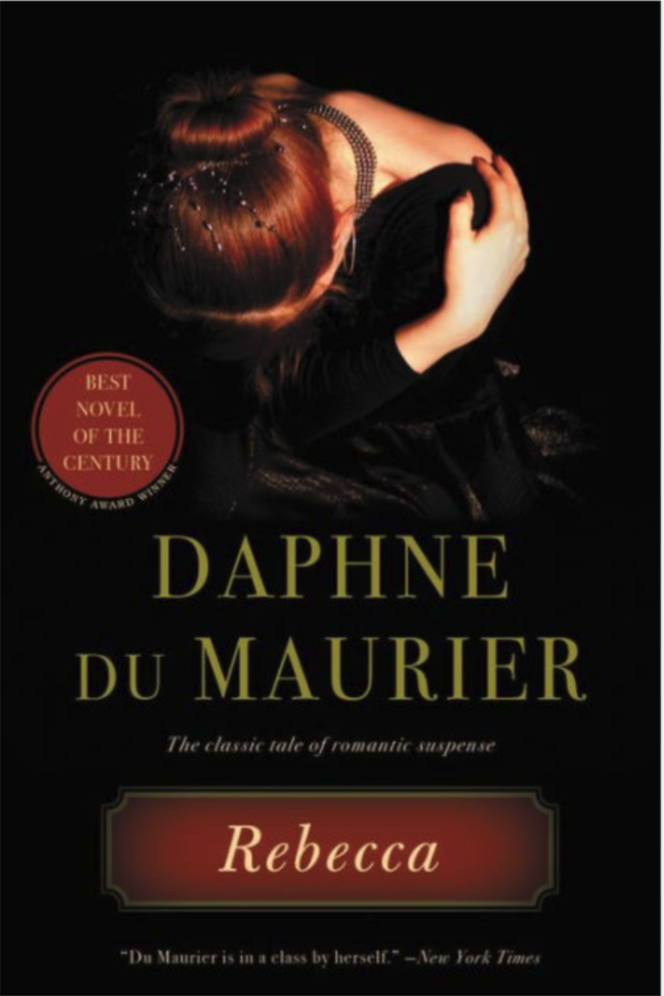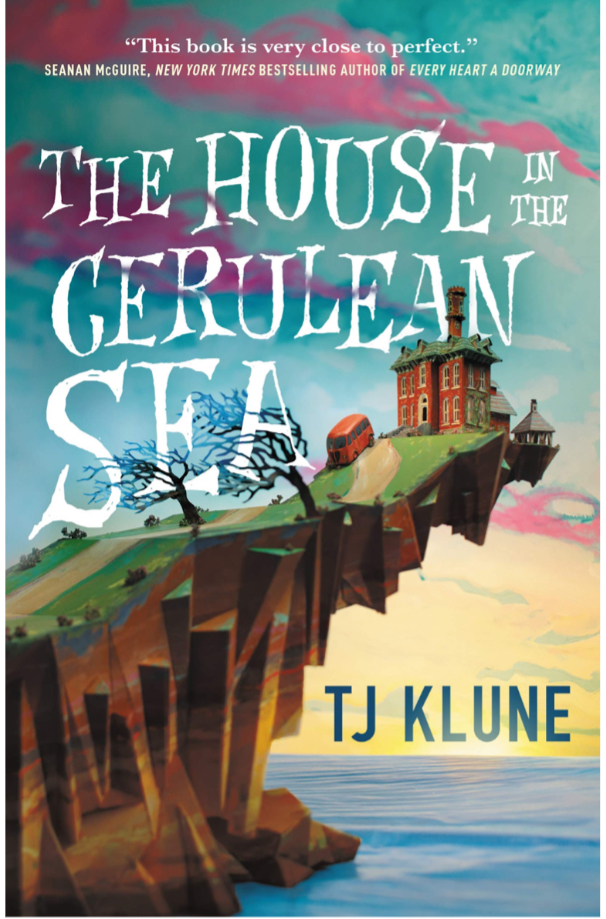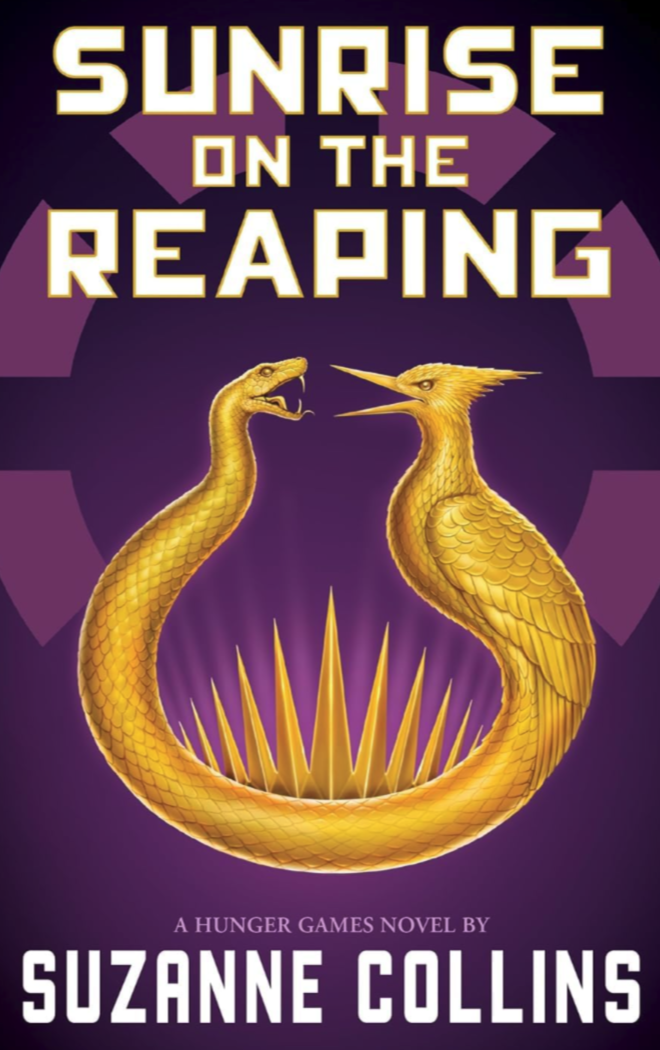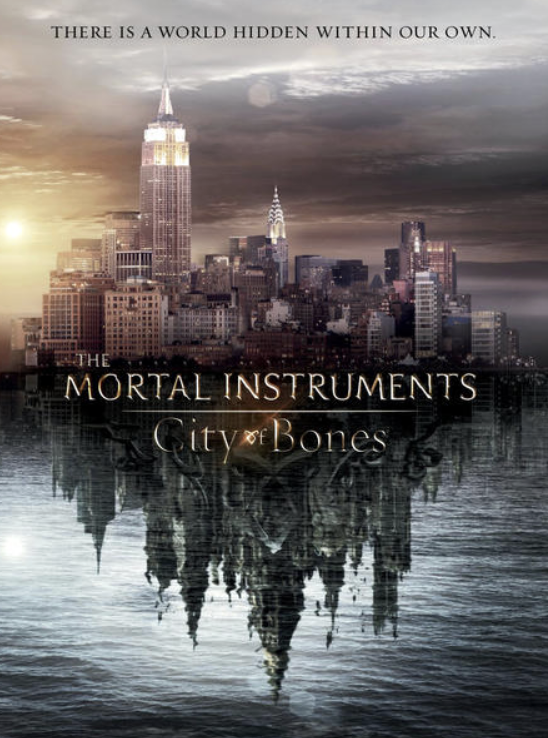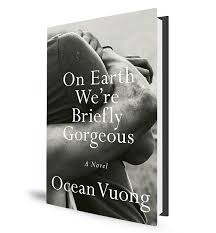
We’re Triple C: a dynamic trio of juniors (Kavya, Kailyn, and Anoushka), bonded by both a shared passion for literature and the coincidental charm of all having last names starting with the letter C. Our book review promises a diverse and engaging exploration of exciting books, and we invite fellow book lovers to join us on our literary journey!
If any of you take AP Lang, you might recall our IRBs. For my class specifically, our book choices were narrowed down to nonfiction, and although it might sound dramatic, this was anything but good news for me. I would never willingly read a nonfiction book. So when the opportunity to read On Earth We’re Briefly Gorgeous appeared, I was immediately drawn to it. On Earth We’re Briefly Gorgeous is a semi-fiction, semi-memoir written by Vietnamese-American author Ocean Vuong. It depicts the mixed emotions of his strained relationship with his mother, and how it has had a lasting impact on his relationships going forward.
The book has an interesting twist in connecting us to the story, which is that it is written in the form of a letter from a young man, Little Dog, to his illiterate mother. Throughout the letter, he accounts his experiences of living in an immigrant household, the complexities of his family dynamic, and his coming-of-age as a queer man in America.
Something else that I think that Vuong does extremely well within his writing is using word choice to bring us closer to the story. Through quotations and descriptive diction, he makes readers feel as though they are witnessing the scenes for themselves. He appeals to physical senses as well as emotion, and creates poignant scenes through which we can truly resonate with Little Dog’s feelings.
Through his poetic prose and reflection, Vuong created a novel that offers a powerful take on the complexities of memory, language, and the search for belonging in a world marked by violence and beauty. Additionally, the novel serves as a poignant exploration of the immigrant experience and the intersectionality of identity. Through the lens of Little Dog’s narrative, Vuong navigates the complexities of cultural assimilation, shedding light on the challenges faced by marginalized communities in navigating their place in society. By intertwining themes of ethnicity, sexuality, and generational trauma, Vuong crafts a narrative that resonates with readers on a deeply personal level, inviting reflection on their own experiences of identity and belonging. In doing so, he not only amplifies the voices of those often overlooked in mainstream literature but also fosters empathy and understanding across cultural divides.
In recommending this book, I urge readers to approach it with an open heart and mind. Whether you’re drawn to literary fiction, memoirs, or social commentary, it offers something for everyone. It is a book that lingers in the mind long after finishing it, and will truly leave you with a changed mindset.
See you next week! – Anoushka



































